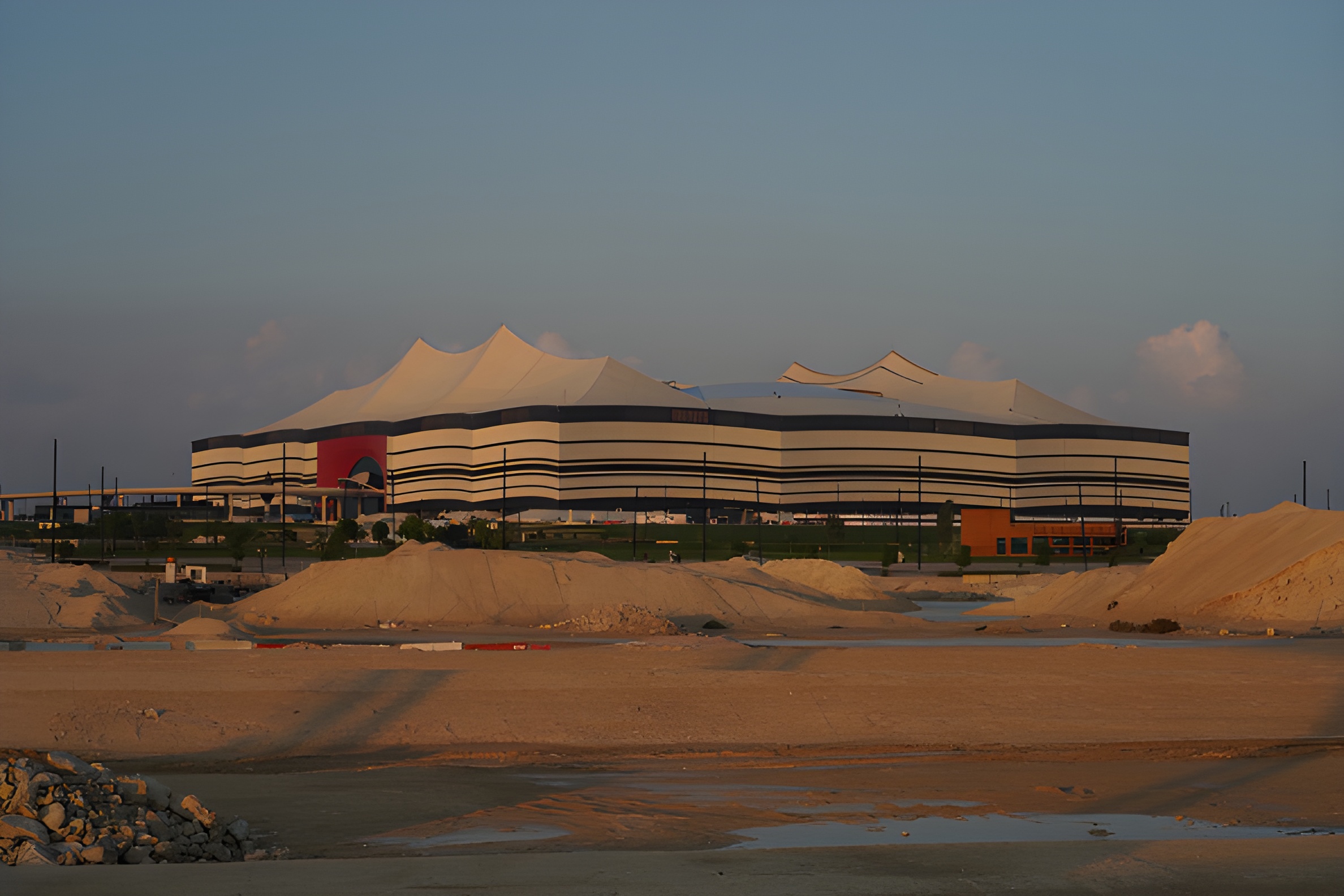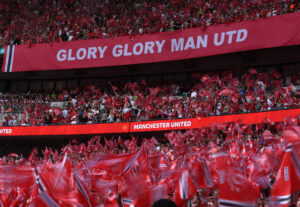As Last Word on Football looks to provide top-quality journalism and reporting on the Qatar World Cup, there is still a responsibility to discuss the issues surrounding the tournament. From broken promises Qatar made to FIFA to the bidding process to the human rights issues in the state, read on to learn more about the background of the World Cup 2022, and some of the concerns to consider when watching the competition take place.
The Issues Behind the Qatar World Cup 2022
The World Cup 2022 Selection Process
The issues with this World Cup started in 2010, when the competition was awarded to Qatar. Accusations of corruption came about immediately, to the extent that Swiss federal prosecutors seized documents and arrested seven FIFA officials in 2015. A similar case in the US reportedly involves bribes totalling more than $100 million regarding competitions throughout the Americas, indicating that corruption was rife throughout the governing organisation itself.
The President of FIFA at the time, Sepp Blatter, has also cast a shadow over the process. He stated in his book that Qatar had used “black ops” in the bidding process, cheating to win the right to host the tournament. This includes the Associated Press finding that the state hired an ex-CIA agent to spy on competing bids and some of the jurors selecting the host. From the very birth of the World Cup 2022, there have been severe doubts over the competition’s legitimacy.
Foreign Workers
Some of the facts surrounding Qatar’s treatment of migrant workers are complex and mired in reporting issues. In an investigation, Amnesty International found that security guards were subject to “forced labour”, with The Guardian finding that to secure a role as a worker at the World Cup some migrants were forced to pay up to $4,000 in “recruitment fees”. For context, this can be over fourteen times the wage of some migrant workers in Qatar.
Migrant deaths are another underlying constant in the creation of this competition The Embassies of states including Nepal, Pakistan, Bangladesh and Sri Lanka believe that there have been a total of 6,500 migrant deaths in preparation for the World Cup. The Qatari government refutes this, calling the claims “the most pervasive and re-occurring pieces of disinformation”. The reports of mass deaths have support from many sources, with a high migrant death toll lining up with the poor treatment of workers.
It is important to note that a significant source claiming that the figures are disinformation is promoting pieces stating that “we must stop portraying the government there as evil” and moderates talks with Qatari government officials. Regardless of the specific number of migrant deaths, the treatment of workers has been unacceptable throughout.
Women’s Rights
Qatar has a poor human rights record. Starting with women’s rights, the state has a poor record of treating women equally to men in a selection of settings. A Mexican employee of the World Cup Organising Committee, for example, faced an accusation of having sex outside of marriage, having previously reported rape. Her alleged rapist claimed to be in a relationship with her, making her the culpable party for having extramarital sex. She faced punishments including flogging and a seven-year prison sentence. The charges were finally dropped after she was permitted to flee the country.
This is just one example of a shocking human rights record. Women in Qatar are under “male guardianship”, in which women are only allowed to travel and study with a guardian’s permission. In an interview, Noof Al Maadeed stated: “[I was] only allowed to go to school and back. Anything else [and I] can expect a beating”. This may seem extreme, but it is the standard treatment for women in Qatar, with apps specifically designed to entrench this system of permission and guardianship.
LGBT+ Rights
The Western world has taken grand steps forward in LGBT+ rights over the past few years, with Qatar languishing behind. In late 2020 the state claimed that pro-LGBT symbols were to be permitted, with a U-turn taking place in 2022 in which a security official stated that any Pride flags would be confiscated “as a safety measure to protect” the holders. In November 2022, Khalid Salman (an official promoting the tournament) referred to homosexuality as “damage in the mind”. Several teams and captains are planning on wearing OneLove armbands out of protest, with FIFA yet to reach a ruling.
Whilst Qatar claims to be a welcoming enough state to host a World Cup, homosexuality remains illegal, with a punishment of up to three years in prison. If you are a gay Muslim, the punishment becomes the death penalty. This isn’t exclusively to Qatari citizens, as The Cornell Daily Sun reported on an American citizen visiting the country only to receive a punishment of 90 lashes and six months in prison. Any public display of affection, regardless of sexuality, is also illegal.
Fan Treatment
Although the World Cup hasn’t started yet, the treatment of fans seems questionable. Qatar is using a policy of paying fans to attend the competition, covering everything from flights and tickets to spending money. These fans have been required to chant and sing when the authorities require it, in addition to reporting any social media posts criticising the regime. This is a textbook case of astroturfing, setting out a fake landscape of fan views to hide the unquestionably nasty dirt and grime beneath.
Outside the stadium, the state of facilities is somewhat unknown. According to Metro, fan accommodation is effectively a series of portacabins with beds in them, as cramped room after cramped room stretch out along the length of the property. Fans in both fan villages and stadia can, just about, drink at the World Cup 2022. Drinking in a public space can result in a prison sentence of half a year, with drinking limited to licensed locations including the stadia and some fan parks.
Lies in the Organisation
There have been several challenges in the organisation of the World Cup itself. The regular season of domestic leagues the world over has been shattered by the move from a summer World Cup to the winter, even with the initial aim of a summer competition. Several competitions, including the Premier League, threatened legal action due to the financial damage caused by the move.
The country originally promised more stadiums than it delivered in the end. Originally the plan was for twelve grounds to host the competition, providing more space and time for the stadia to turn around between matches. In the end, Qatar produced only nine stadia, shrinking the tournament as a result of the rising costs of organising the competition.
Considerations for the World Cup 2022
All of these are factors that we should consider throughout the World Cup 2022. With thousands of people having died, severe human rights issues (without delving into the mess of Qatar’s foreign policy) and a series of bribes to secure the World Cup in the first place, this is truly a competition like no other. As much as everyone enjoys the football frenzy this time brings, consider the background of Qatar as a whole and do what you can to avoid the sports-washing project that Qatar is engaging in.
If you’d like to speak out against these issues, consider steps such as a public boycott of the World Cup’s sponsors throughout the tournament and letting the competition’s ambassadors know how you feel, with reputable ambassadors including Cafu, Samuel Etoo, Tim Cahill, Xavi and David Beckham. The competition is happening one way or another, and voicing your opposition is a step to ensuring it doesn’t have to happen again.
Main Image






